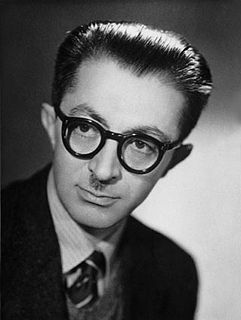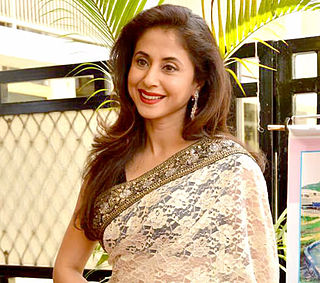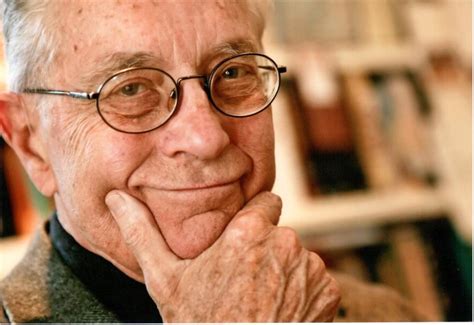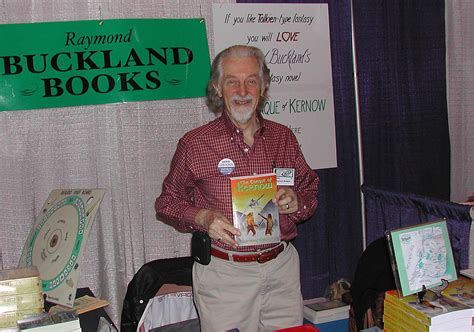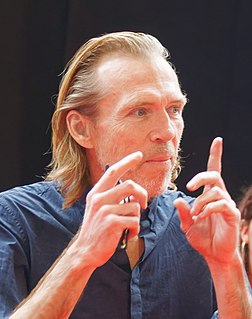A Quote by Sadegh Hedayat
Ugh! How many stories about love, copulation, marriage and death already exist, not one of which tells the truth! How sick I am of well-constructed plots and brilliant writing!
Related Quotes
There are recurring elements in popularized fairy tales, such as absent parents, some sort of struggle, a transformation, and a marriage. If you look at a range of stories, you find many stories about marriage, sexual initiation, abandonment. The plots often revolve around what to me seem to be elemental fears and desires.
It is not nearly so important how well a message is received as how well it is sent. You cannot take responsibility for how well another accepts your truth; you can only ensure how well it is communicated. And by how well, I don't mean merely how clearly; I mean how lovingly, how compassionately, how sensitively, how courageously, and how completely.
What the meat industry figured out is that you don't need healthy animals to make a profit. Sick animals are more profitable... Factory farms calculate how close to death they can keep animals without killing them. That's the business model. How quickly they can be made to grow, how tightly they can be packed, how much or how little can they eat, how sick they can get without dying...We live in a world in which it's conventional to treat an animal like a block of wood.
The very dull truth is that writing love scenes is the same as writing other scenes - your job is to be fully engaged in the character's experience. What does this mean to them? How are they changed by it, or not? I remember being a little nervous, as I am when writing any high-stakes, intense scene (death, sex, grief, joy).
We hunger to understand, so we invent myths about how we imagine the world is constructed - and they're, of course, based upon what we know, which is ourselves and other animals. So we make up stories about how the world was hatched from a cosmic egg or created after the mating of cosmic deities or by some fiat of a powerful being.
I see God now as an unimaginative writer of popular fictions, someone who builds stories around sadistic and graceless plots, narratives that exist only to express His terror of a woman's power to choose who and how to love, to redefine love as she sees fit, not as God thinks it ought to be. The author is unworthy of His own characters.
When I worked on a magazine, I learned that there are many, many writers writing that can't write at all; and they keep on writing all the cliches and bromides and 1890 plots, and poems about Spring and poems about Love, and poems they think are modern because they are done in slang or staccato style, or written with all the 'i's' small.
I love how 'Game of Thrones' has resonated with so many people around the world. I feel like it has really tapped into our need to hear stories about the human condition, love, death, good, evil... For me, it really is a modern version of the old Greek theatre or cave men sitting around fires telling stories.
The truth is, everything we know about America, everything Americans come to know about being American, isn't from the news. I live there. We don't go home at the end of the day and think, "Well, I really know who I am now because the Wall Street Journal says that the Stock Exchange closed at this many points." What we know about how to be who we are comes from stories. It comes from the novels, the movies, the fashion magazines. It comes from popular culture.
Many people don’t realize the extent to which stories influence our behavior and even shape our culture. Think about how Bible stories teach the fundamentals of religion and rules of conduct. Think of the fables and parables that molded your values. Think of how stories about your national, cultural or family history have shaped your attitudes about yourself and others.
